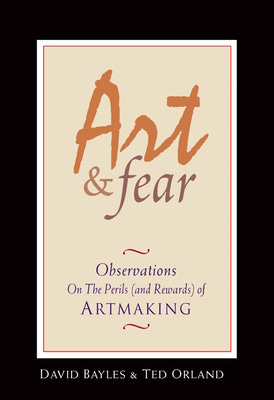This past week, while writing elsewhere, I thought about how my mind works as a writer.
Often, I have turns of phrase come to mind when pen, paper, keyboard, or phone are unavailable - and I can’t capture it. It feels elusive and cruel, when I feel MuseMode™ engage—that rising feeling in the chest not of anxiety but of inspiration, and I can’t write it down or record it.
That being said, I’m experienced enough to know that writing is work and one cannot wait on inspiration, but I also know that the frustration of not being able to capture inspiration when it does strike is as equally unpleasant as trying to convey something and being unable to find the words; it’s a mirror frustration.
A similar frustration is seeing entire works as completed visions in your head. It doesn’t have to be something creative, it can be technical, or it can be complex—like a vision of a new life or livelihood, tantalizingly out of reach of your physical hands while your imagined hands grasp it completely.
When this happens, I take solace in the book Art & Fear: Observations On The Perils (and Rewards) of Artmaking by David Bayles & Ted Orland.1 It’s one of many books about making art, and the emotional, mental, and technical struggles one may face as an artist of any kind.




